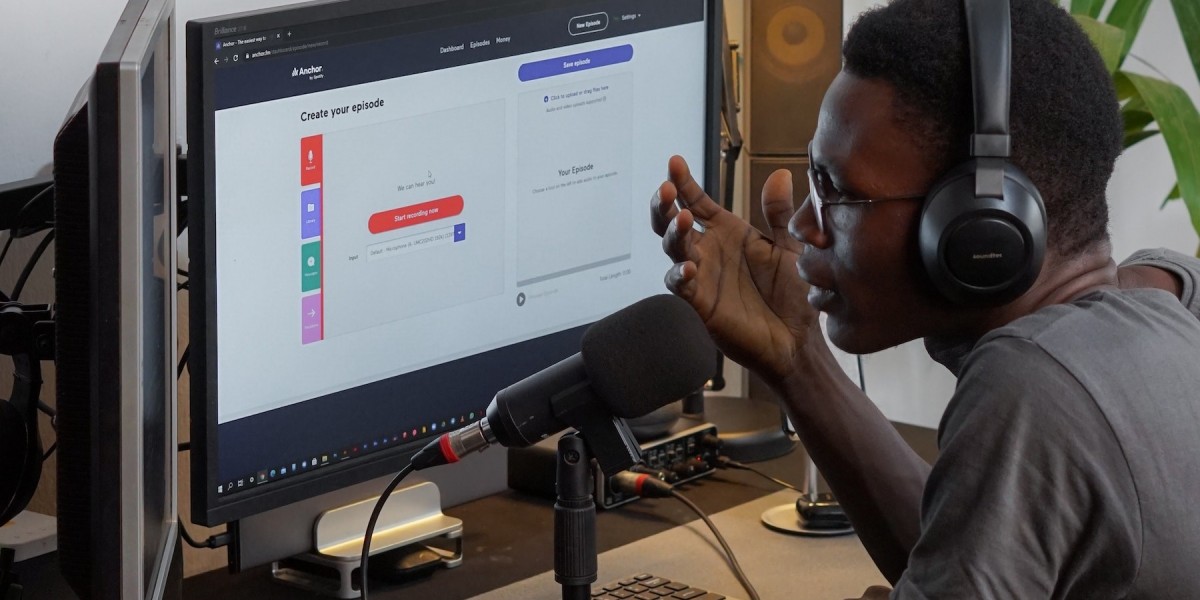Our personal lives are a product of habits. These habits might be meaningful or harmful depending on their impacts on our daily activities. It is not an entirely bad idea to be addicted to a thing, but it could become unhealthy when these habits drain your life more than they feed them, making it essential that you learn how to quit a habit before they grow into uncontrollable addictions.
There are good habits as well as bad habits. Activities like; waking up by 6 am every day, hitting the gym regularly, getting addicted to caffeine, smoking non-stop, or taking a bottle of beer every week are habits. Deciding which habits are good for your life and which are bad remains the first step to quitting those habits. Drawing a decision line on which habits are bad will be easily done if you can ascertain how beneficial these habits are to your life and health.
However, there are situations where good habits can turn bad posing challenges to our lifestyle. At this point, we should not only learn how to change these bad habits but also learning to develop breaking-bad-habits psychology.
The idea of breaking your bad habits is not to create a perfect life scenario. The sincere truth is, no human being is perfect and perfection is all a myth. But should you rely on this, without forcing yourself to do better?
Sometimes, our long track of bad habits was built unconsciously and fed to steady bloom in ignorance. These habits could be a spring up of peer pressure, societal influence, or change of environment.
But, it is our sole duty to determine what our lives will become and what shape we want it to take. Trying to stop a bad habit permanently is not entirely easy, but it is worth the try.
How long does it take to quit a habit?
Naturally, there is no fixed timeframe to break a habit as human beings are wired differently, with different levels of will power. Nevertheless, the average duration of quitting a habit ranges from around 21 days to six months. Determining how long it will take you to quit a habit depends on your level of consistency and how long you groomed the habit as a lifestyle.
What are the 10 bad habits?
There is a long list of habits that affect our lifestyle but some are so common that we find it difficult to notice the deadly effects they have on us.
Ten common bad habits include;
• Procrastination
• Eating Too much
• Social media/Phone/TV addiction
• Excess intake of caffeine and narcotics
• Blaming Others
• Living a fake life
• Smoking
• Eating junk food
• Impulse Buying- Purchasing things without a budget or plan.
• Laziness
How do I stop my addiction to bad habits?
Addiction is a gradual growth or attachment of behaviors that turn into unbreakable chains of habits.
Actions that we take pleasure in, become fond of is likely to become a habit if we spend time on. Statically, it is assumed that it takes an average of sixty-one days to transform a random activity into a habit.
Understanding how to stop your addictions from turning to bad habits lies in identifying the root causes of your bad habits, learning the growth process of a habit and the psychology behind it, and cutting the addictive feed.
Addiction grows under certain factors; Dependence, tolerance, and reinforcement. If you must stop them from turning into bad habits, you must build strong breaking-bad-habit psychology to reduce your brain’s attachment to them
Breaking bad habits psychology
The breaking bad habits psychology entails understanding the process of how habits are formed, how they turn to addictions, how your brain gets accustomed to them, and how to develop a strong strategy to counter them.
Bad habits start as normal activities until your brain encodes them as biological and emotional functions. The strong bond created between your brain and these activities make it difficult to break them. Bad habits as addictions grow to the ‘dependence’ level when the individual begins depending on these substances or activities to perform their daily tasks. These habits control the reward circuit of your brain making it to see those activities as a pleasurable lifestyle beneficial for your living.
The second growth phase of bad habits is the ‘tolerance’ level. At this level, the human body will ‘only’ perform at the desired level if induced with these substances. This level of intoxication forces the human being to take higher doses of whatever substance he is addicted to, to meet the raging desires in him.
The final growth phase of addiction is reinforcement. At this level, repetition becomes the goal. The reinforcement phase is powered by the increased affection towards these habits.
Developing a personal breaking-bad-habit psychology ensures that you understand your bad habits in their growth phases, identify their triggers, the routine involved, and your brain’s attachment to them.
How to break a habit in 21 days
Your bad habits might take longer than twenty-one days to break, especially if they have been groomed for a long time. Nevertheless, you can learn how to stop a bad habit permanently. You must learn how to change your habits to help you live a positive life.
• Identify the triggers
Every habit has a systematic approach that they follow. Gaining full insight on what motivates those bad habits, when they usually happen, how you feel when they happen will help your curtail their growth.
• Consistency
You need the dedication to break those bad habits. Start the process today and do not quit till you get your desire result.
• Tell a friend
You need an accountability partner. This will help you have a friend who will provide psychological support throughout your detachment process.
You must choose a partner with a strong will that is equal or greater than yours, who can encourage you when you grow weak and in doubts, and support you in times of weakness.
• Be Conscious and Deliberate with the process
Be mindful of your thoughts, actions, where you visit, who you interact with, and how you interact with them. Carefully analyze all of your movements and be careful not to repeat the same activities that will feed the addiction.
• Choose a substitute to replace your bad habit
Find a new activity to replace the bad habit that you are planning to quit. Idleness is a quick way of dwelling on addiction, but getting busy with something else reduces the amount of time you spend on your old habits.
• Change your environment
If your immediate environment, friends, or close cycle negatively influences your decisions, you should cut them off and relocate while breaking your bad habits.
• Quit negative thinking and remain positive throughout the process
• Understand that there will be setbacks
Breaking a bad habit is not a merry-go-round ride. There will be failures and setbacks. Moments when the urges will be high, times when you will feel like these habits are too difficult to quit.
But you must press on, irrespective of the setbacks
• Reinforce your goals
Always have the big picture in mind. Do not lose focus till the desired result is achieved.
Do you have habits that you are finding hard to break?
Do you have any story that could encourage someone going through a bad phase to break his habits?
We will love to hear them









